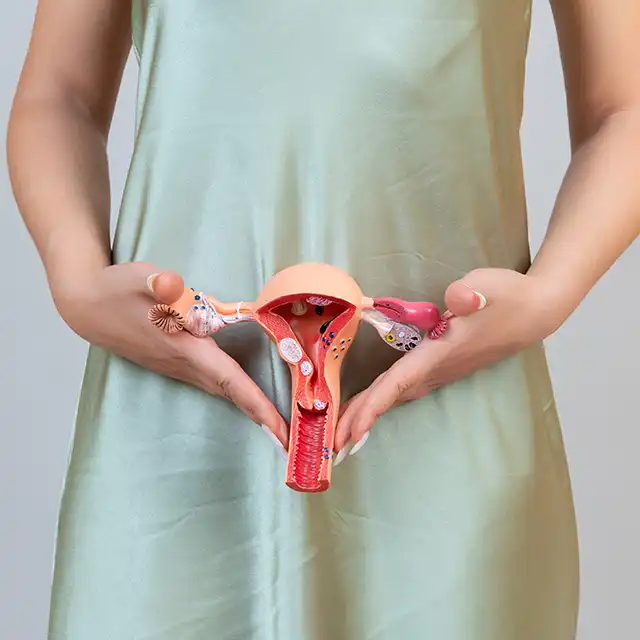
Chickenpox is a highly contagious viral disease. Although it can affect any age group, it infects children a lot more, and spreads easily among them. Before the introduction of the chickenpox vaccine, a large majority of children were usually affected by chickenpox. The infection can be quite serious in babies, pregnant women and in people with a weak immune system.
Experts say it is better to get chickenpox at a young age, so that antibodies are formed to help prevent infections at a later age. In fact, adults who catch the virus for the first time tend to have more complications than infected children.
Vaccines have greatly reduced the prevalence of the disease, and complications arising from it.
Shingles: When a person has recovered from chickenpox, the virus becomes inactive and enters a dormant state within a bundle of nerves along the spinal cord. For reasons not clearly known, this virus may again be reactivated after many years, and cause a similar condition called shingles. The triggers for the reactivation of the virus may be either old age, or lower levels of immunity. Shingles is also as contagious as chickenpox and close physical contact should be avoided with patients.
Symptoms
The classical symptom of chickenpox is a red rash. The incubation period (time from the exposure to infection, till the appearance of first symptom) is normally 2-3 weeks.
- The initial stage begins when the rash appears, first on the chest, the back, face and then spreads to other parts, including inside the mouth.
- Before the rash starts, there may be fever, fatigue with a loss of appetite, and a headache.
- The rash is very itchy, and appears as small red bumps, and then progresses to the second stage, with the eruption of many tiny blisters (fluid-filled bubbles on the skin). These blisters typically cover a large area of the body.
- After a week, during the third stage, the blisters break and develop scabs or crusts. The scabs fall off when the skin under them starts to heal.
Shingles
- Unlike chicken pox, the rashes from shingles occur only over a small section, and mostly on one side of the body.
- The pain is more intense, and just as in chicken pox the rashes begin, and fluid-filled blisters also develop. The healing phase starts after 10-15 days.
Causes
Chickenpox is caused by the varicella-zoster virus. The virus is transmitted easily from the infected person to others, especially to those who have never had chickenpox. Chickenpox is highly contagious from the day before the signs of illness begin to show, till about a week after the first rash appears.
The spread can occur-
- through close contact either by touching the blisters, or
- through the droplets from the infected person’s cough or sneeze.
Shingles is also caused by the varicella-zoster virus. Patients with HIV or AIDS, and those who have had organ transplants, or patients who are undergoing treatments for cancer usually have a weakened immune system and are at greater risk for shingles.
Complications
Chickenpox can be serious and result in complications, including infections of the lungs (pneumonia), infection and swelling in the brain (encephalitis), and severe bacterial infections of the skin. This is especially risky for new new-born babies and pregnant women, adults who are infected with the virus for the first time, and for people with weak immunity.
Diagnosis
- Visual examination of the classical symptoms is generally enough to diagnose chickenpox.
- Microscopic examination of the skin lesion can be performed to confirm the diagnosis.
- Polymerase Chain Reaction (PCR) test can be used to detect the virus from the scabs, or from the fluid within the blisters.
- Blood tests can be done to determine the presence of antibodies against the infection.
Treatment
For an otherwise healthy person, no medications are needed to treat chickenpox. Most of the symptoms can be managed at home, with mild medications.
- The patient is advised to drink plenty of fluids to prevent dehydration.
- Painkillers like paracetamol and NSAIDs can be taken.
- Gels and creams can be applied on the itchy spots for a cooling effect.
- Anti-allergic tablets like antihistamines will help reduce the itching, which can be severe. A cold compress or an ice pack held against the skin also provides relief from itching.
- Antiviral medicines are prescribed only if there is a risk of complications.
- Children should be monitored, to prevent them from scratching the blisters which may lead to scarring and further infections.
The best method to prevent chickenpox is to get children vaccinated. Two doses are recommended, the first is given when the child is between 12 and 15 months old, followed by the second dose between 4 and 6 years of age
Sources:

















